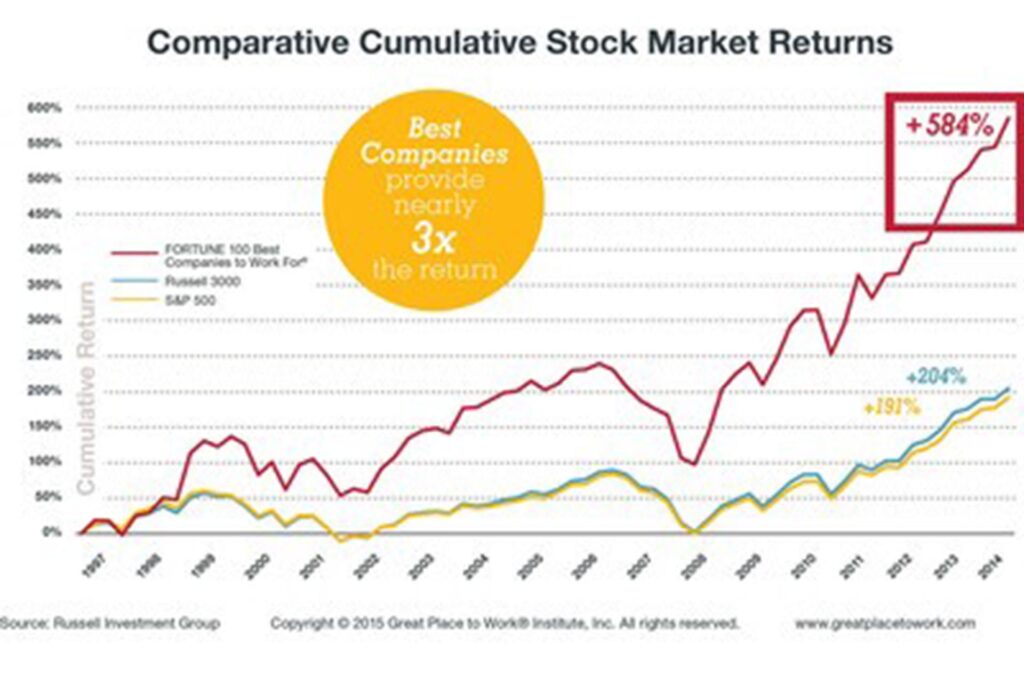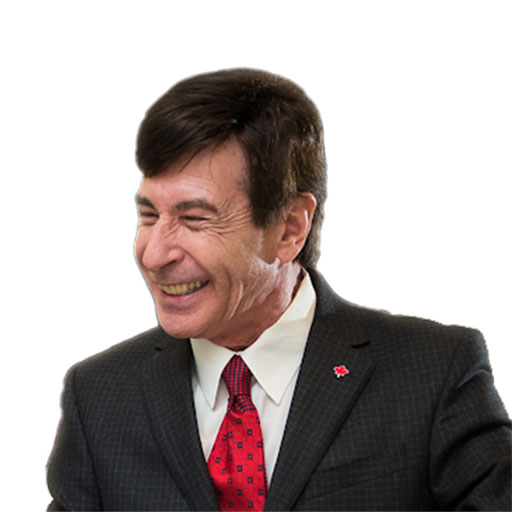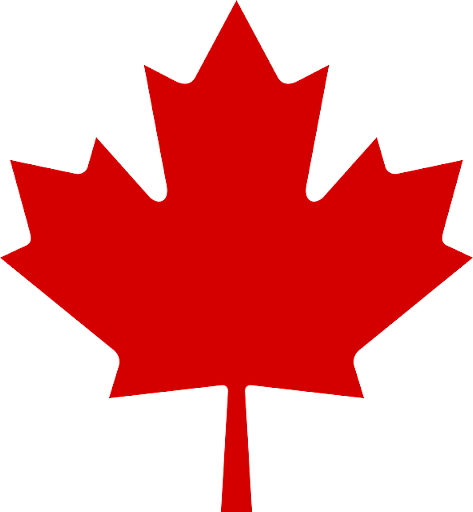When the Empire Club of Canada was first set up in 1903, it was largely done so to discuss political issues of the day and make Canadians more aware of what was happening on the world stage that was having an impact on the young Dominion. As it brought together men of influence and power, it was a very logical evolution that their discussions would soon turn to financial topics, especially since it was clear to all that the financial well-being of any nation-state was directly impacted by its policies, and that these policies were borne of politics and political leadership. As early as the 1920s and 1930s, guest speakers at the Club regularly spoke on the nation’s financial policies and how they were impacting Canada’s economic performance, and the link between this performance and the country’s place in the world became increasingly clear to all. During the Great Depression of the 1930s, there were numerous speeches delivered on the new economic policies of the day which, quite naturally, filled many longtime business leaders with fear as they seemed to be bringing developed economies a step closer to socialism, a path that was met with great resistance by many in both Canada and the United States. When renowned editor and economist B.K. Sandwell spoke to the Club on November 10th, 1932, he actually entitled his speech “Being Pushed into Socialism”. The future editor of Saturday Night, arguably the most influential magazine in the country at the time, was not a fan of socialistic policies by any means, but at the same time recognized that what was happening in the world in the 1930s called for some new and hitherto unorthodox monetary decisions by our leaders, and as such he was careful to bridge the divide, as much as possible, between the simplistic labels of capitalism and socialism. The one principle that he was intransigent on was the imperative need to retain a stable currency throughout any new monetary initiative:
“If the capitalistic system is to continue-though I do not like to call it capitalistic, which is a term of abuse hurled by Socialists and Communists, just as Communist is a term of abuse hurled by Capitalists, and I try to avoid both-I would, not say the system of Capitalism, but the system of individual enterprise, the system of competition, the system which relies on the profit motive if this system is to continue, one condition is indispensable, and you gentlemen and your rulers will have to see to it that that condition is applied to it. That condition is a reasonably stable monetary unit. (Applause.) There is no other alternative.”
At the end of 2015, the Empire Club hosted the Governor of the Bank of Canada who stressed the need for unconventional monetary instruments in times of economic uncertainty and even spoke about the unusual option of using negative interest rates. We now begin 2016 at the Empire Club with our annual “Investment Outlook Luncheon” which will focus this year on “Making Money in 2016 from Domestic and International Financial Markets”. Three of the greatest financial minds off Bay Street will be on hand to provide prognoses and analysis, and like all of those financial leaders who preceded them over the years at the Club’s podium, they will be basing their projections on the very best policy and indeed political intelligence available to them. Like B.K. Sandwell in 1932 and Stephen Poloz at the end of last year, will tie the market and various investment strategies to what is happening in the world, a world that at the outset of 2016 seems to many people to be as complex and volatile as anything we have ever seen in the past. It makes predictions and advice more challenging, to be sure, but one thing that all of Bay Street agrees on is that to stop trying to understand this complexity and make connections back to investment options is not only unwise but a surefire method of not having any control whatsoever on the future growth of capital.


